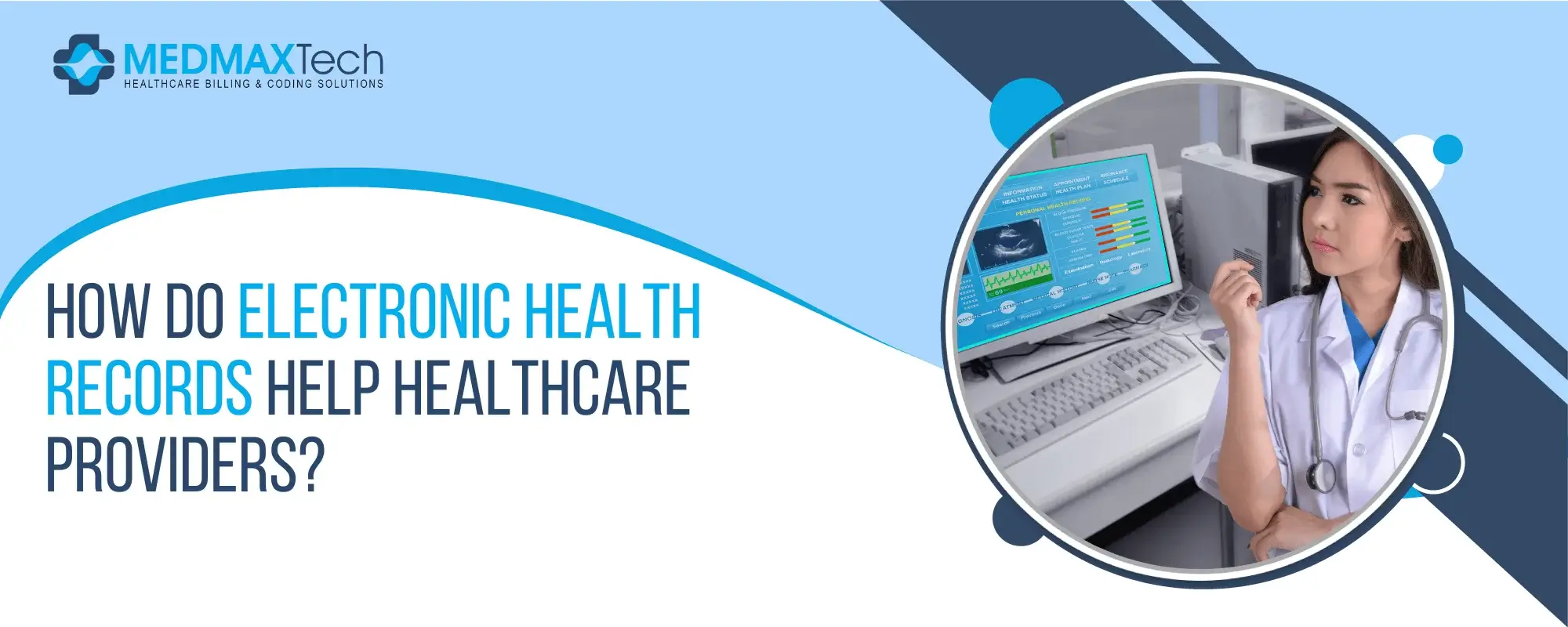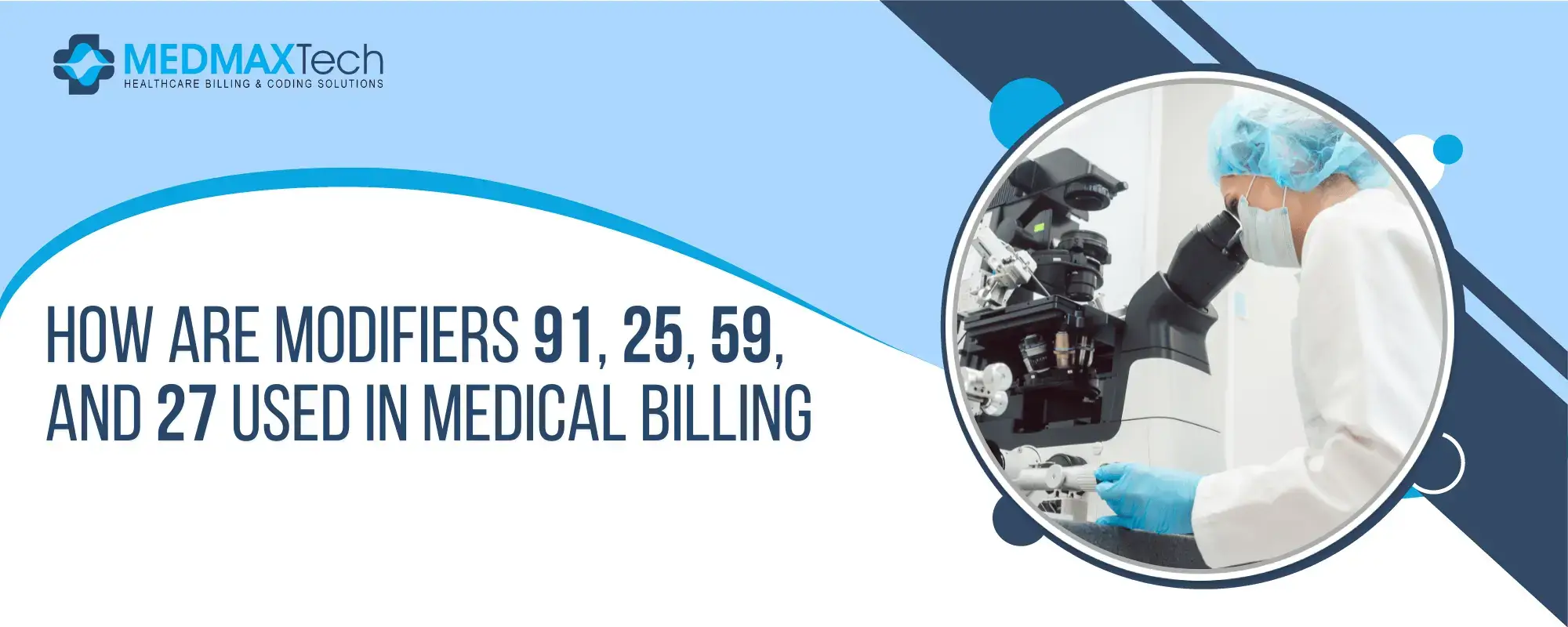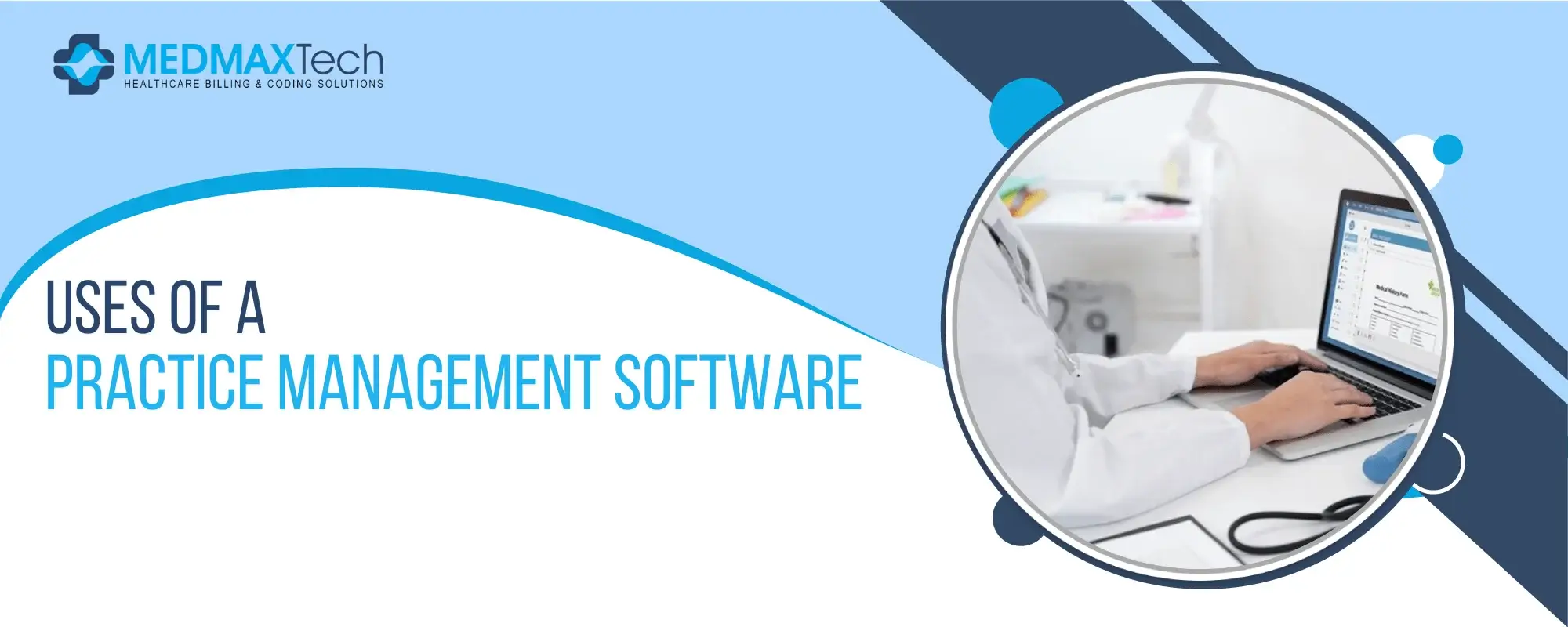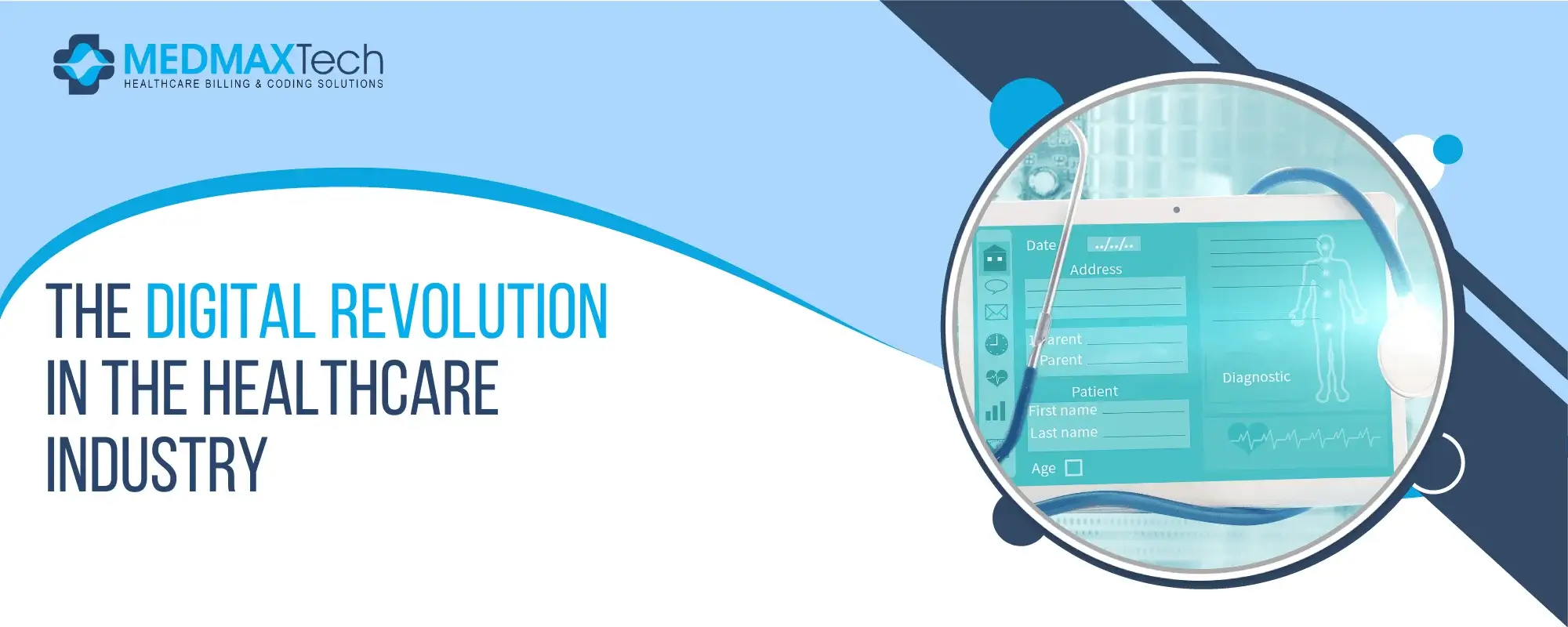
How Do Electronic Health Records Help Healthcare Providers?
Electronic Health Records (EHR) systems are digital versions of patients’ health records that contain comprehensive and up-to-date information on their health history, medications, allergies, laboratory test results, diagnoses, and treatment plans. EHRs allow healthcare providers to have quick and easy access to a patient’s medical history, regardless of where or when care was delivered.
EHRs provide many benefits to healthcare providers, including the ability to easily and securely share patient data between different providers and care settings. This can lead to better care coordination and improved patient outcomes. EHRs also help to increase efficiency and productivity in healthcare settings, by automating tasks, reducing paperwork, and improving documentation accuracy.
EHRs are designed to be used across different healthcare organizations, such as hospitals, clinics, and private practices. The information contained within an EHR is stored securely and can be accessed only by authorized healthcare providers. This ensures that patient information is kept confidential and secure.
EHRs have a range of features that are designed to support healthcare providers in providing high-quality care. For example, many EHRs have decision support tools that provide alerts and reminders for providers, such as drug-drug interaction warnings and recommended treatment protocols. EHRs also allow providers to easily track a patient’s health over time, which can help to identify trends, improve outcomes, and facilitate preventive care.
Impact of Electronic Health Records
Electronic Health Records (EHRs) have revolutionized the healthcare industry by providing healthcare providers with access to accurate and up-to-date patient information at any time and from any location. This has enabled providers to make more informed decisions, coordinate care more effectively, and improve patient outcomes. EHRs have also streamlined healthcare workflows and automate many administrative tasks, freeing up time for healthcare providers to focus on patient care.
Impact of Electronic health records is that they improve patient safety by providing real-time access to patient data, including medication orders, allergies, and medical history. EHRs can generate alerts and reminders to help prevent medical errors, such as medication errors or adverse reactions. EHRs can also improve patient safety by providing decision-support tools that can help providers make more informed treatment decisions.
EHRs have also facilitated analytics and reporting by providing a wealth of data that can be used to measure outcomes, manage population health, and conduct research. EHRs can be used for quality improvement initiatives, such as reducing readmissions or improving patient satisfaction. Additionally, EHRs can increase revenue and decrease costs by improving coding and billing processes, reducing the need for duplicate tests and procedures, and streamlining administrative tasks.
Improves Access To Patient Data:
One of the primary benefits of an Electronic Health Record (EHR) system is that it provides healthcare providers with 24/7 access to patient records. This means that providers can easily access important patient data, such as medical history, allergies, medications, and test results, from anywhere and at any time. EHRs also consolidate medical records, which can be helpful for patients who have multiple healthcare providers. With EHRs, healthcare providers can securely share data, which can lead to better care coordination and improved patient outcomes.
Enhances Coordination Of Care:
EHRs also enhance the coordination of care among healthcare providers. Providers can share patient data and work collaboratively as a care team. EHRs can also help streamline referrals and care transitions, which can reduce the risk of medical errors and improve patient outcomes.
Increases Efficiency And Productivity:
EHRs can increase efficiency and productivity by automating processes and workflows. Providers can spend less time on paperwork and documentation and more time on patient care. EHRs also enable faster documentation and charting, leading to more accurate and timely information.
Enhances Patient Safety:
EHRs enhance patient safety by providing real-time access to patient data, including medication orders, allergies, and medical history. EHRs can also generate alerts and reminders to help prevent medical errors, such as medication errors or adverse reactions. EHRs can also improve patient safety by providing decision-support tools that can help providers make more informed treatment decisions.
Improves Data Accuracy:
EHRs can improve data accuracy by reducing human errors and ensuring that documentation is consistent and complete. EHRs can also reduce the risk of missing or incorrect information, which can improve patient outcomes and reduce the risk of medical errors.
Facilitates Analytics And Reporting:
EHRs facilitate analytics and reporting by providing a wealth of data that can be used to measure outcomes, manage population health, and conduct research. EHRs can also be used for quality improvement initiatives, such as reducing readmissions or improving patient satisfaction.
Increases Revenue And Decreases Costs:
EHRs can increase revenue and decrease costs by improving coding and billing processes. EHRs can also reduce the need for duplicate tests and procedures, which can save time and money. Additionally, EHRs can reduce administrative expenses by streamlining processes and automating tasks.
Provides Better Patient Engagement:
EHRs provide better patient engagement by improving communication and access to health information. Patients can view and manage their health information, including lab results and medication lists, through an online patient portal. EHRs can also increase patient satisfaction and loyalty by providing a more personalized and convenient healthcare experience.
Overall, the impact of EHRs on healthcare has been significant, enabling healthcare providers to improve patient care, increase efficiency, and reduce costs. The widespread adoption of EHRs has transformed the healthcare industry and will continue to shape its future. EHRs have improved patient care, increased efficiency, and reduced costs. They have facilitated better care coordination, improved patient safety, and provided a wealth of data that can be used for quality improvement initiatives and research. EHRs have become an essential tool for healthcare providers, enabling them to deliver high-quality care while improving efficiency and productivity. As the healthcare industry continues to evolve, EHRs will play a critical role in shaping its future, and we can expect to see continued innovation and improvement in this area.
People May Ask
How do electronic health records improve patient care?
Electronic Health Records (EHRs) improve patient care by providing healthcare providers with quick and easy access to comprehensive and up-to-date patient information. This allows providers to make more informed decisions, coordinate care more effectively, and improve patient outcomes. EHRs can also help to reduce medical errors, such as medication errors, by providing real-time access to patient data, including medication orders, allergies, and medical history. EHRs can generate alerts and reminders to help prevent medical errors, and decision-support tools can help providers make more informed treatment decisions. EHRs also allow providers to easily track a patient's health over time, which can help to identify trends, improve outcomes, and facilitate preventive care.
What is the importance of the electronic health record?
An electronic health record is an essential tool for healthcare providers as it allows them to access comprehensive and accurate patient information at any time and from any location. EHRs enable providers to make more informed decisions, coordinate care more effectively, and improve patient outcomes. They facilitate better care coordination, improve patient safety, and provide a wealth of data that can be used for quality improvement initiatives and research. EHRs also help to increase efficiency and productivity in healthcare settings, by automating tasks, reducing paperwork, and improving documentation accuracy. Additionally, EHRs can increase revenue and decrease costs by improving coding and billing processes, reducing the need for duplicate tests and procedures, and streamlining administrative tasks.
What is the most important component of EHR?
The most important component of EHR is the patient record, which contains comprehensive and up-to-date information on a patient's health history, medications, allergies, laboratory test results, diagnoses, and treatment plans. The patient record is the foundation of the EHR system and is critical to providing high-quality patient care. Other important components of EHR include decision support tools, which provide alerts and reminders for providers, such as drug-drug interaction warnings and recommended treatment protocols. EHRs also have features for tracking a patient's health over time, facilitating preventive care, and improving outcomes. Overall, EHRs are a valuable tool for healthcare providers, enabling them to provide high-quality care while improving efficiency and productivity.













